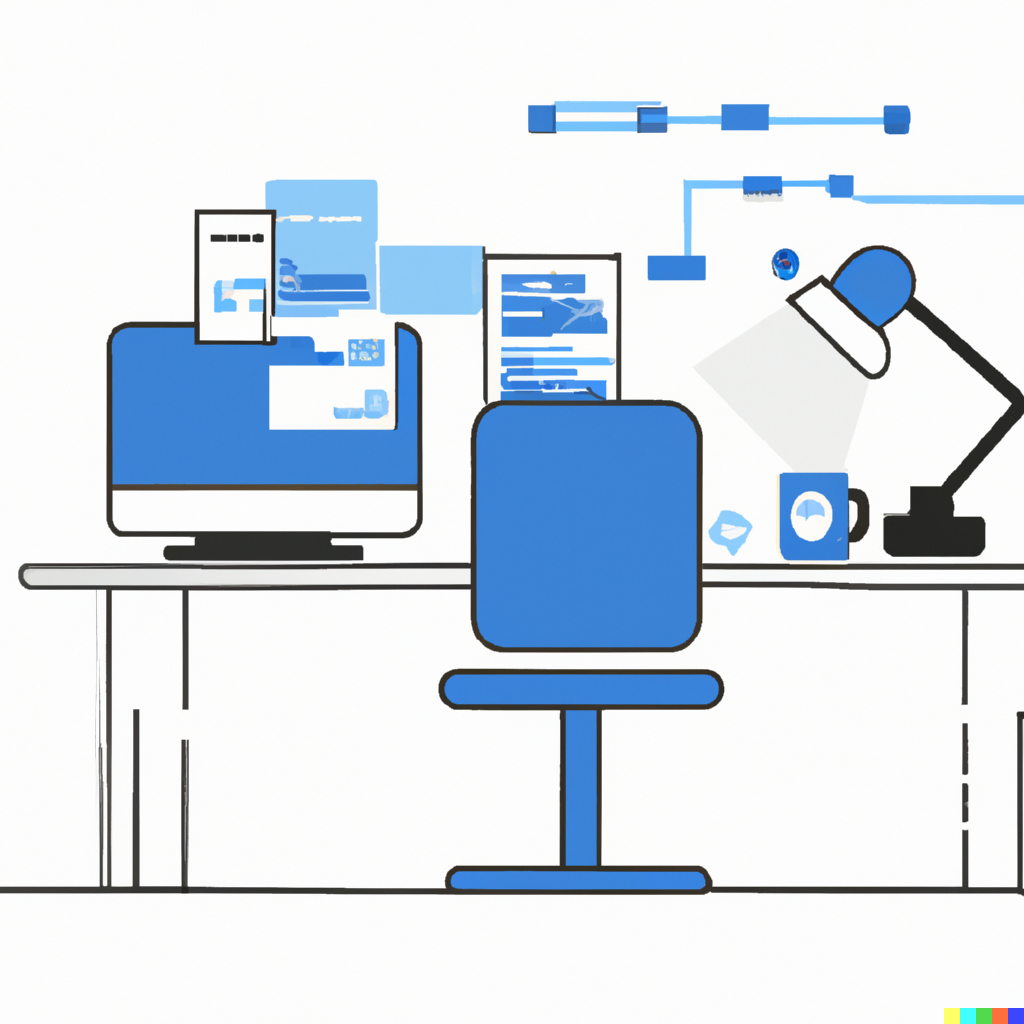Software Engineering

Future Predictions

Software engineering is a continuous learning process that requires professionals to stay up-to-date with the latest trends and technologies. Therefore, software engineers need to engage in continuous learning and professional development activities such as attending conferences, workshops, and taking online courses. Software engineering requires a combination of technical and soft skills.
Based on your personality, you are
87%
compatible with this job!
Sociability
Adaptability
Communication
- Software engineers should be able to communicate effectively with team members, clients, and stakeholders.
Collaboration
- Software engineering is a team sport, and software engineers should work collaboratively to solve problems and deliver high-quality software.
Time management
- Software engineers need to manage their time effectively to meet deadlines and deliver high-quality software.
Problem-solving
- Software engineers should be able to identify, analyze, and solve complex problems efficiently.
Programming languages
- To succeed in software engineering, it is essential to have a combination of technical skills and soft skills. Technical skills include proficiency in programming languages such as Java, Python, and C++, as well as an understanding of data structures, algorithms, and software design principles.
Software development tools
- Software engineers should be familiar with software development tools such as integrated development environments (IDEs), version control systems, and issue tracking systems.
Database management
- Software engineers should have a good understanding of database management concepts such as SQL and NoSQL.
Software design patterns
- Software engineers should be familiar with software design patterns to develop scalable and maintainable software systems.

Technical Skills:
You are adaptable, and this will help you in this job as there will be a lot of changes to new softwares and new user requirements coming in constantly.
Problem-solving
You are a good problem-solver given that you are always looking to solve any issues that come your way, and this is extremely important when fixing bugs that appear in the software.
Creativity
Logical
Soft Skills:


